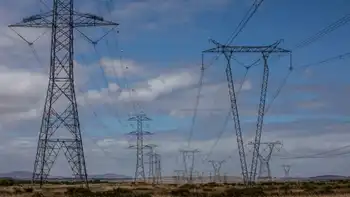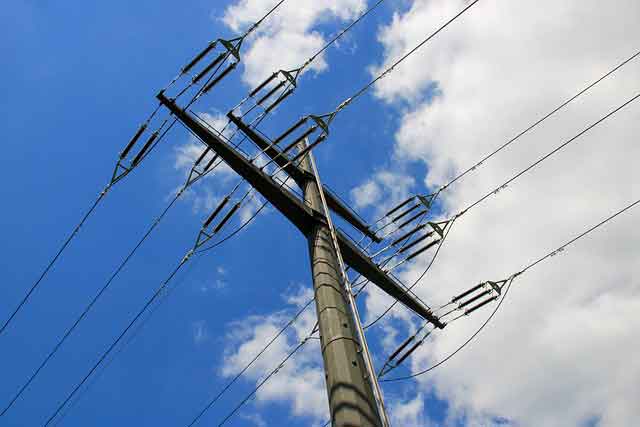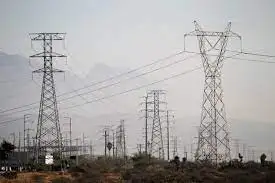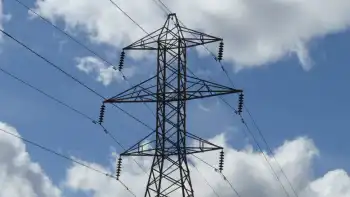Coal power to go by 2007 despite supply shortfall
Without more generating capacity and better conservation, Ontario will face a power shortfall within two years, said the report released by Ontario's Electricity Conservation and Supply Task Force. "To avoid major supply risks, coal plants may need to be kept in operation until adequate replacement generation and demand reduction measures are in place," the report warns.
But Duncan insisted the government intends to keep its promise.
"We can't back off from that," he told a news conference. "It's not in the public interest to back off from that."
The province's five coal-fired electricity plants, which produce about 25 per cent of Ontario's power, spew too much pollution and carbon dioxide into the air, Duncan said.
And while he acknowledged that coal-fired electricity is cheaper than alternative sources of energy, Duncan said the health and environmental consequences are too great to ignore.
But the report doesn't criticize the government's plan to close the coal plants, nor does it say it's impossible, said task force chairman Courtney Pratt.
Rather, it's warning the government to "make sure you have the plans in place before you phase it out," Pratt said.
Critics said they doubt the government could close the coal plants and get enough replacement power online by 2007, since it takes at least three years to construct a gas-fired plant.
"There is no plan on the table, including this plan, that gets us to a coal-free Ontario by 2007," said Tom Adams, executive director of power watchdog Energy Probe.
The plan outlined in the report "will not work," Adams said. Without the supply from the coal plants, "we would not have enough power to keep the lights on."
Environmental activists, meanwhile, cheered the report, citing it as proof that the government can get rid of dirty coal plants on schedule.
The report, which came as frigid temperatures continued to push power consumption levels higher across the province, also called for a "conservation culture" in Ontario to reduce power usage.
The government also has to ensure prices are stable and policies clear so that private investors will be encouraged to build new capacity, the report said.
Duncan said the government will achieve its goal of closing the coal plants by focusing on conservation, relying more on renewable energy and by stabilizing the electricity market to make it more attractive to private investors.
By 2007, Duncan said the government wants to reduce consumption by five per cent through conservation and have five per cent of energy coming from renewable sources. Both will increase to 10 per cent by 2010.
"Conservation is going to be at the top of the agenda," he said.
Related News
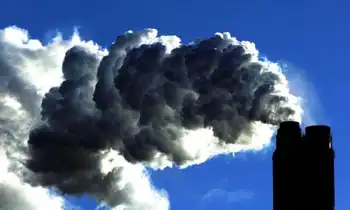
Share of coal in UK's electricity system falls to record lows
LONDON - The share of coal in the UK’s electricity system has fallen to record lows in recent months, according to government data.
The figures show electricity generated by the UK’s most polluting power plants made up an average of 0.7% of the total in the second quarter of this year. The amount of coal used to power the electricity grid fell by almost two-thirds compared with the same months last year.
A government spokesperson said coal-generated energy “will soon be a distant memory” as the UK moves towards becoming a net zero emissions economy.
“This new record low is a result of…


